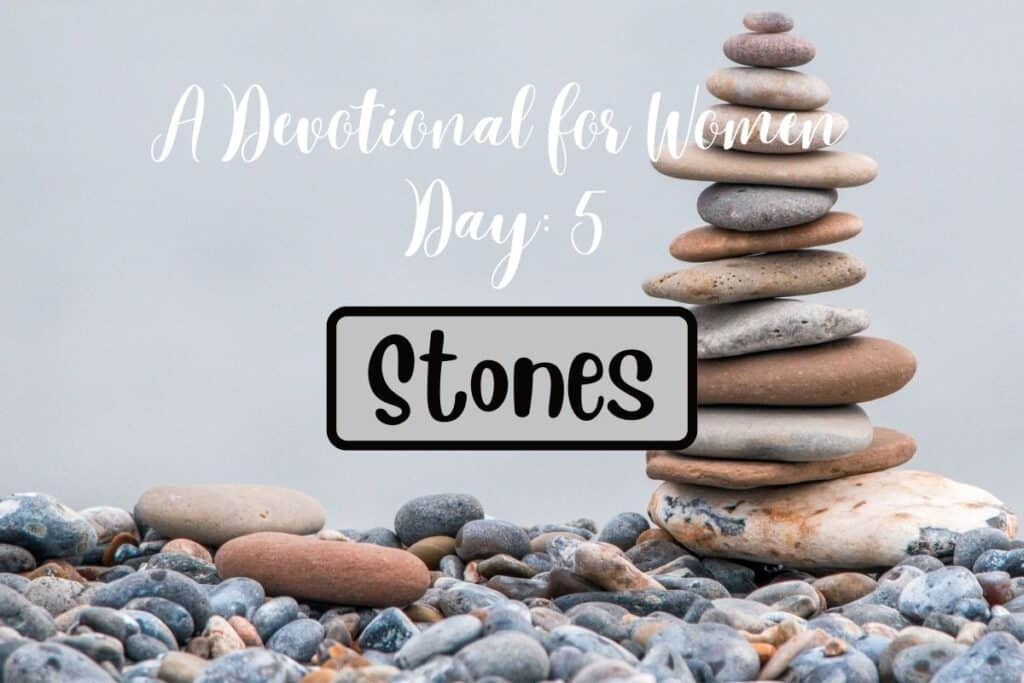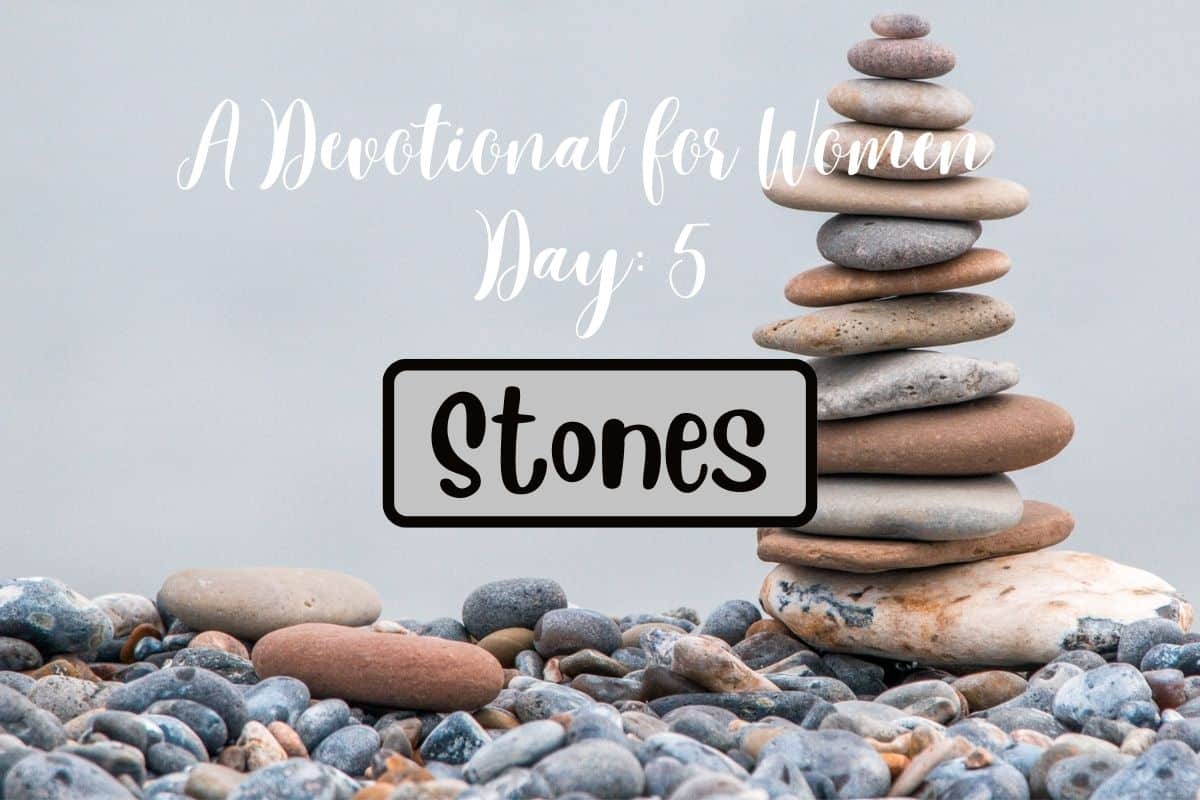“Jesus went unto the mount of Olives. / And early in the morning he came again into the temple, and all the people came unto him; and he sat down, and taught them. / And the scribes and Pharisees brough unto him a woman taken in adultery; and when they had set her in the midst, / They say unto him, Master, this woman was taken in adultery, in the very act. / Now Moses in the law commanded us, that such should be stoned: but what sayest thou? / This they said, tempting him, that they might have to accuse him. But Jesus stooped down, and with his finger wrote on the ground, as though he heard them not. / So when they continued asking him, he lifted up himself, and said unto them, He that is without sin among you, let him first cast a stone at her. / And again he stooped down, and wrote on the ground. / And they which heard it, being convicted by their own conscience, went out one by one, beginning at the eldest, even unto the last: and Jesus was left alone, and the woman standing in the midst. / When Jesus had lifted up himself, and saw none but the woman, he said unto her, Woman, whee are those thine accusers? Hath no man condemned thee? / She said, No man, Lord. And Jesus said unto her, Neither do I condemn thee: go, and sin no more.”
John 8: 1-11

Recently, I was at a birthday party for one of my nephews. I was chatting with my husband’s family, and I was just making small talk while we waited in line to get food. That’s when I heard it, “so-and-so has left her husband. She met someone else and had an affair. She’s not letting her husband see the kids.” Followed by that were unkind names people associated with her that I dare not repeat. They were throwing stones.
In my flesh, was I mad? Absolutely. I was upset that the affair even took place! I was also upset that people immediately picked up stones and was ready to stone her for her sin. Within myself, I could see that I was also picking up a stone. However, when the gossipers turned to me and asked me for a response, I paused. Suddenly, I was in a tough situation. I could condemn her for what she had done before these other people who, keep in mind, were a part of my family, or… I could be like Jesus.
The Pharisees
In Jesus’ day, the Pharisees were religious leaders. They liked to enforce the law during that time, and they pointed out people’s sins. In this passage, they caught a woman in the act of adultery. According to the law, she and the man were to be stoned for their sins. What’s ironic is the leaders only brought the woman before Jesus. It serves as a reminder to me that they didn’t keep the whole law, and none of us can. They were only interested in finding fault in Jesus and condemning the woman.
In John 8:1-11, the Pharisees demanded to know what He was going to do with her. I can imagine the scene in my head. There are all these religious men standing around this woman. She’s probably missing some of her clothes since they caught her in the act, and they all stand around her with stones in their hands. They’re ready to sentence her to death for her wrongs.
But Did Jesus Cast Stones?
It’s funny to me because the Pharisees even told Jesus what the law said. They told him “that such should be stoned,” as if Jesus didn’t know. Jesus knew the law. Since He was without sin, He had every right to enforce it and condemn her too. He COULD HAVE picked up a stone. Instead, in verse 6, it says “but Jesus stooped down, and with his finger wrote on the ground…” The conjunction ‘but’ indicates a contrast. Jesus gives them a different answer than they expect and says in verse 7, “He that is without sin among you, let him first cast a stone at her.” Just like that, the men became convicted of their own sins and dropped their stones. It goes on to say in verse 9 that they “went out one by one.”
Jesus was left alone with the woman when He asked her in verse 10-11, “Woman, where are those thine accusers? Hath no man condemned thee? She said, No man, Lord.” Then, Jesus said the most powerful thing He could’ve said to her: “Neither do I condemn thee: go, and sin no more.” Friend, of all people, the Light of the world who had the power to sentence her to hell for her sin didn’t even condemn her.
Let’s Drop Our Stones
When I remember that, I too drop my stone. I am not without sin. In fact, my sin weighs the same as that other woman’s in God’s eyes. The sin of telling a lie or gossiping is weighed the same as adultery to God. I don’t want to be a Pharisee and notice everyone else’s sin while I’m blind to my own. I, too, deserve to be condemned by God’s Holy Son; instead, He tells me to also “go, and sin no more.”
Back at the birthday party, instead of condemning the girl the other family members called names, I tried to be more like Jesus. I told them I didn’t know the whole situation, but I would pray for the husband, his wife, and his girls. Do I always respond this way in these types of situations? Certainly not, friend! I wish I did! Alas, I am human also, and I fall into sin too. I’m bad to throw stones at people just like you. I can turn into a Pharisee in an instant. I’m ashamed to even say that!
However, my preacher has this saying, and I agree with it. God will show you another man’s sin so that you can intercede for him at the throne of grace. In this situation, even now when I pray before God and their names come to mind, I find myself interceding for them at the throne of grace. Put down your stones, friend, and intercede. Pray that the other person can find grace, and pray that if you ever fall, someone will intercede for you.
If you would like to read more devotionals, click here.
If you would like to follow me on Instagram and watch me cook, click here.

